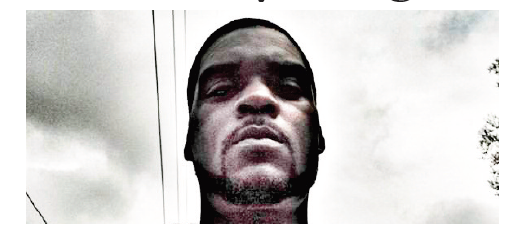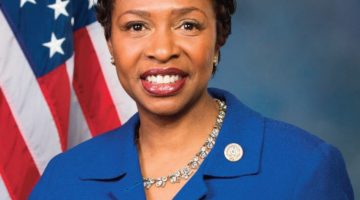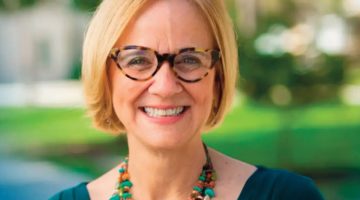RALEIGH, N.C. – The funeral Friday for a black man shot by a North Carolina officer gave his loved ones a chance to mourn after a week of raw emotions and debate about how police treat his predominantly black neighborhood.
More than 200 people crammed into Bible Way Temple near the site where 24-year-old Akiel Denkins was shot. The service came a day after police issued a preliminary report saying Denkins pulled a gun from his waistband during the struggle, an account that drew skepticism from people who knew him.
People wearing baggy jeans, red bandanas and anti-police T-shirts mingled with people wearing smart suits. Mayor Nancy McFarlane and other city officials joined the family to view the body before the ceremony.
The service mostly focused on friends and family remembering his shy, boy-like smile and goal to become a carpenter to support his two young children. There were occasional references to the doubts many harbor about the police version of the shooting reported Thursday.
“Justice will be served whether we know it or not. Not by men, not by a judge but by the ultimate Supreme Court, Jesus Christ,” said friend Aaron Cummings.
The Rev. William Barber, who leads the state NAACP, urged attendees to honor Denkins’ family by foreswearing violence.
“The best way we can honor Akiel is to live better and to live strong,” he said.
Thursday’s report from police isn’t the final word on Denkins’ death, Barber said.
“So don’t overreact to that,” Barber said. “That’s not the serious investigation. That starts now.”
Raleigh Police Chief C.L. Deck-Brown’s report said Denkins had pulled a gun from his waistband and then reached toward the officer’s weapon during their struggle. Officer D.C. Twiddy, who was pursuing Denkins on a felony drug warrant, feared Denkins would shoot him or grab his gun and opened fire on him, according to the report.
The district attorney said Denkins was hit by four gunshots in the chest, left forearm, right upper arm and right shoulder.
Recca Eason, a 31-year-old who grew up in the neighborhood south of downtown where the shooting happened, said mistrust of authorities extends to misgivings about incarceration rates and school funding. So when the report came out with incomplete forensic evidence, people questioned its credibility.
“They’re shooting first and asking questions later,” she said in a phone interview Friday. “Where is the evidence?”
Seth Stoughton, an assistant law professor at the University of South Carolina and former police officer, commended authorities for releasing the information, but cautioned that no conclusions should be drawn yet.
“An investigation like this takes time,” he said, noting that the report draws mostly from the officer’s account.
While Stoughton said he didn’t have enough information to evaluate Twiddy’s tactics, he said it is generally better to call for backup when pursuing a felony suspect. He also said that during solo pursuits, officers should usually keep the suspect in sight without making contact until more officers arrive.
The community’s tenuous relationship with police is illustrated partly by arrest statistics.
In the past six months, there were about 420 crimes recorded within a third of a mile of where the shooting happened, including about 60 assaults and nearly 70 drug violations, according to crime map on a Raleigh government website.
The surrounding census tract is 73 percent black with a median age of 22, a median individual income of $9,400 and a 50 percent poverty rate, according to the U.S. Census Bureau’s 2014 American Community Survey.
A former Raleigh officer who patrolled the neighborhood for about six years until 2013 hopes a review of the shooting will lead to tactics emphasizing community trust over statistics.
“Me sitting on a porch with a lady drinking a Coke is not a fun story compared to, say, ‘Ooh, we were hiding out in some stakeout and caught a drug dealer,’” said Robert Wagner, who made a short film about the neighborhood called “Bragg N East.”
“But as far as our patrol officers … their No. 1 concern should be community connection.”
Since the shooting, some have bristled at how the area and Denkins have been portrayed. Bishop Darnell Dixon, pastor of Bible Way Temple, said earlier this week that it disheartens him to hear that “southeast Raleigh’s dangerous.”
“That’s not how we are.”
He commended residents for not taking out their frustrations with unrest: “We have been a model community.”
Associated Press writer Martha Waggoner contributed to this report.













No Comment